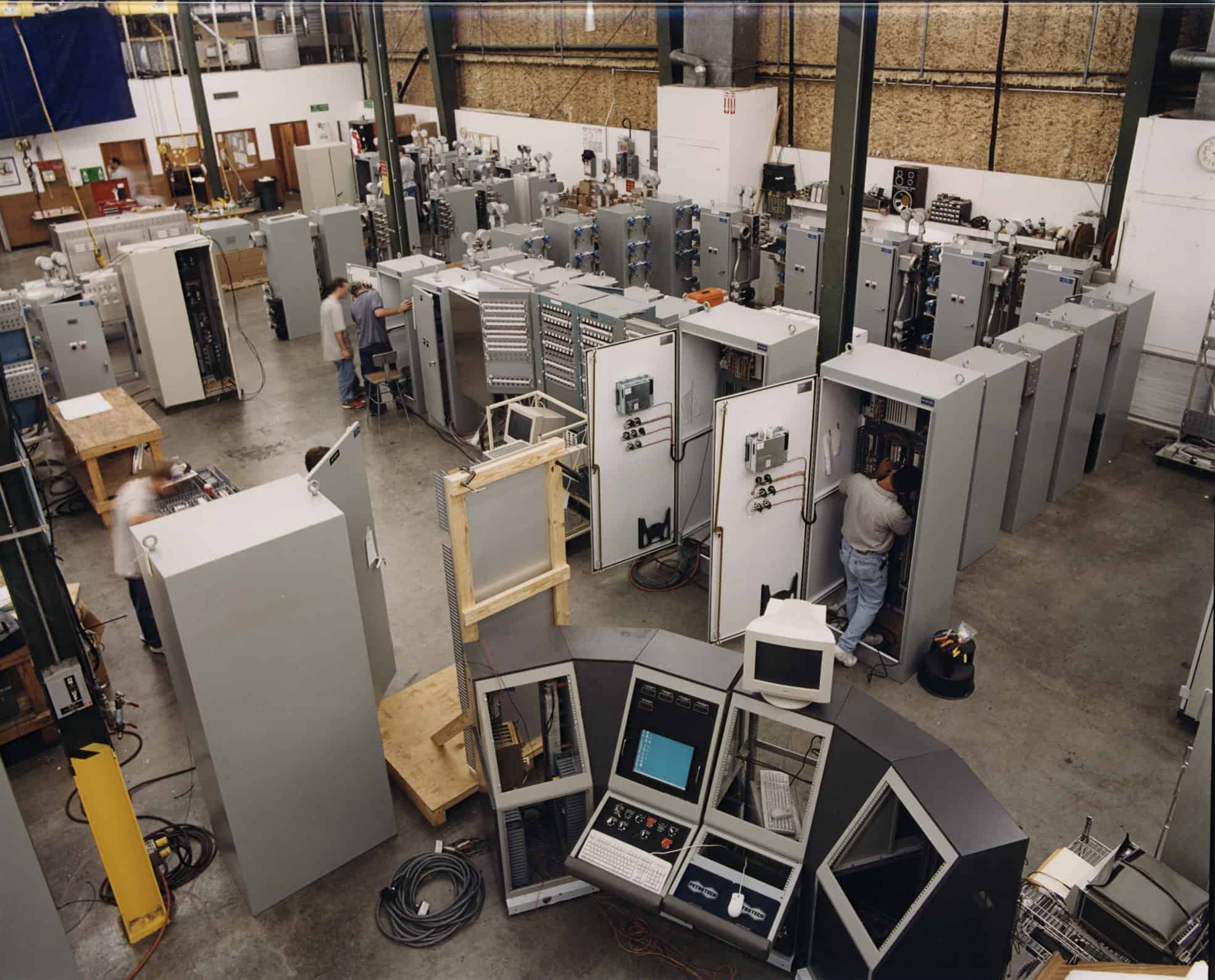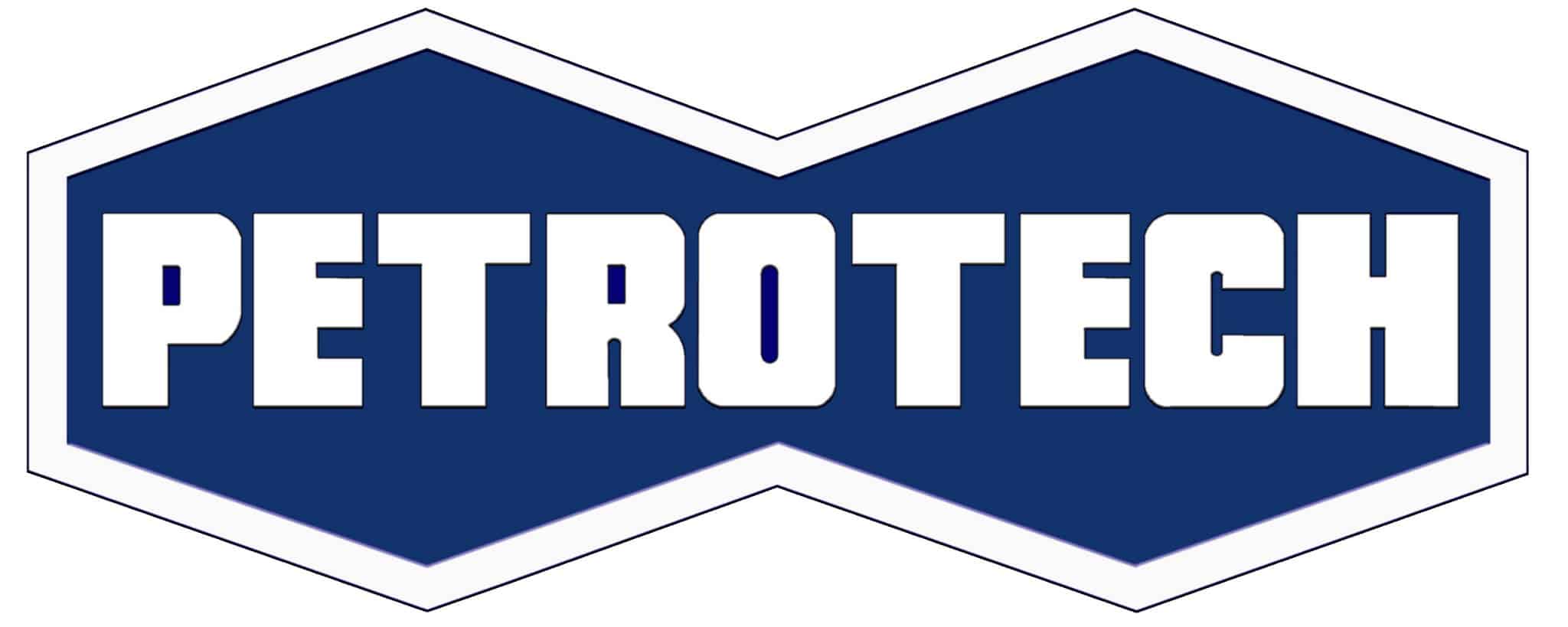Open Architecture Control
Systems

Petrotech Supplies its Engineered Solutions in Industry Standard Open Architecture.
Advantages of Petrotech’s Open Architecture systems include lower cost than proprietary type systems, standardization with existing installed hardware base, reduced spare parts inventory and simplified maintenance and service.
End-users enjoy a lower cost of ownership because it is built with the same types of controllers performing other functions throughout their facility.
Since Petrotech’s Open Architecture Control Systems are based on non-proprietary control hardware, spares and hardware repairs can be managed by regional suppliers avoiding the obligation to purchase from a single source.
In addition to the variety of platforms available to implement Petrotech’s engineered solutions, a full range of performance configurations are also offered. Whether the user’s needs are simple simplex configuration or high-available/high-reliable Triple Modular Redundancy, Petrotech has supplied all of these configurations.

An Open Architecture Control System Upgrade is Beneficial to the Owner.
- Mature overall design – proven on many turbine types, more than 2,500 successful integrated system installations
- Very high standards for software and functionality – exceeds the original system in every way
- Maximum flexibility for owner – uses same controller as other control systems
- Low support costs – most owners can self-service equipment; troubleshooting and diagnostic support from Petrotech via modem or 24-hour telephone support
- Effective “hands on” training during the factory acceptance test
Standard Programming Language
The key element in Petrotech Open Architecture control systems is the use of the IEC 1131 programming standard, which was first released in 1993. After finalization it was known as IEC 61131. The 1131 standard is a worldwide consensus standard in that it is born of industry based users and vendors. In general, having standard programming languages results in:
- Reduced waste of human resources (in training, debugging, maintenance)
- Improved problem solving due to software re-usability (reduced application investment and supplier dependency)
- Reduced misunderstandings and errors
- Programming techniques usable in more environments (general industrial control)
- Combining harmoniously different controllers from different locations, companies or countries or projects
- Increased connectivity (investment protection)
